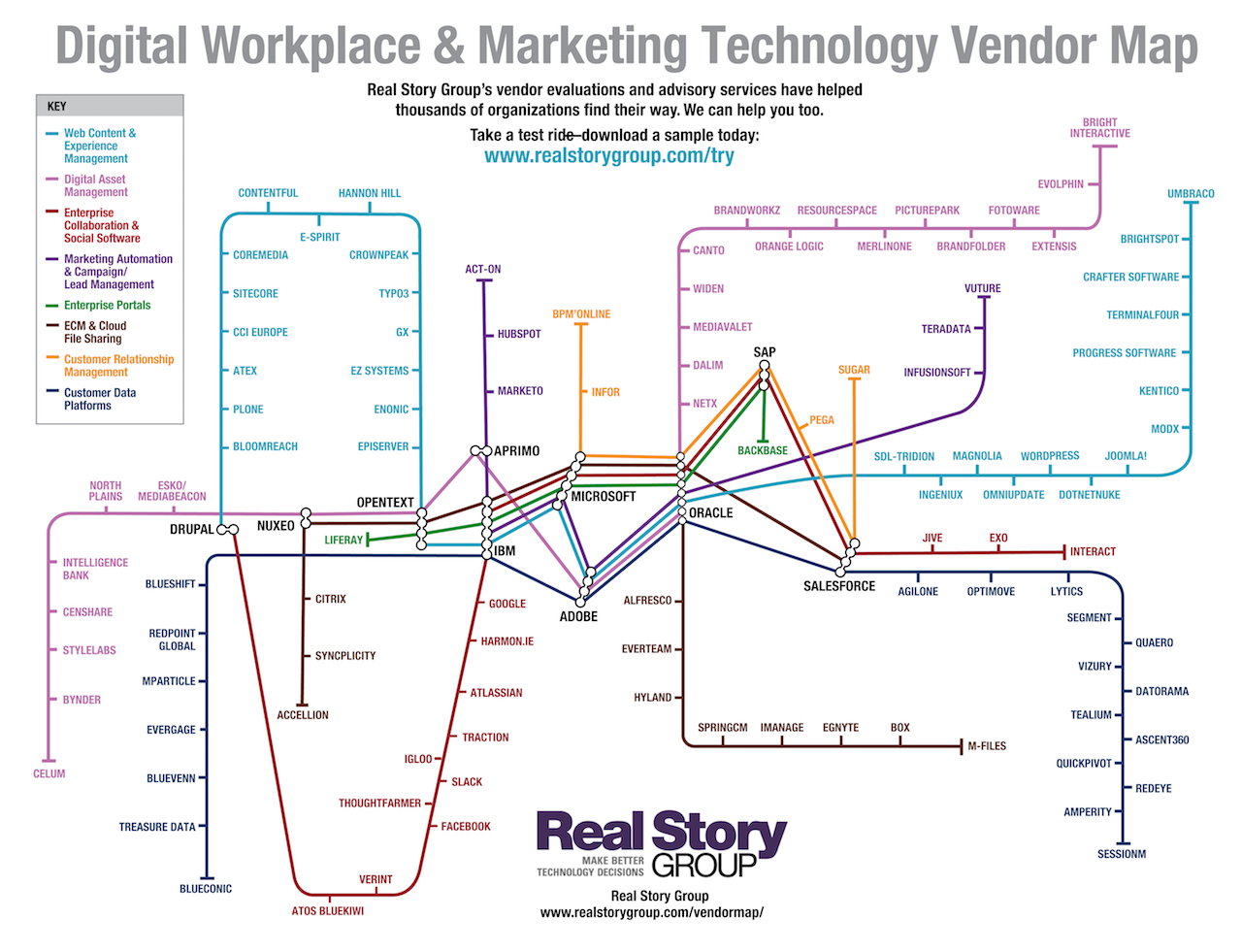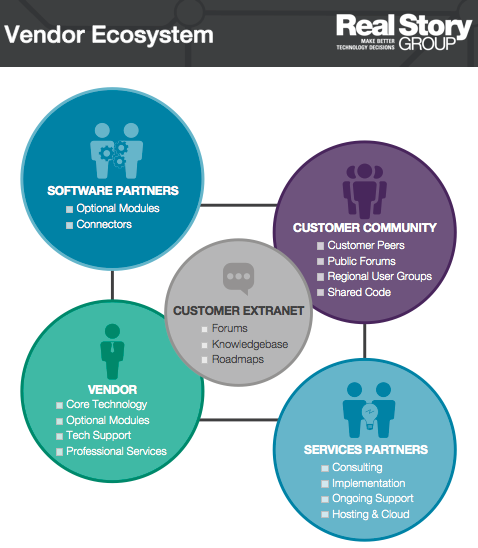New Buyer's Guide to Gamification Software
Playing video games is not just for entertainment any longer but seems there are valuable learning opportunities to be gained. Sample this: Management guru John Seely Brown “would rather hire a high-level World of Warcraft player than an MBA from Harvard." That may prove more hype than reality, but another statistic underscores the interest in this topic - there were nearly 81,000 registrations for the online course on gamification recently offered by Wharton professor Kevin Werbach on Coursera.
No wonder then that there is considerable interest among enterprise leaders to explore gamification, or the use of game techniques outside of the world of games.
Despite all the buzz and vendor hype, we found only scant information about the technology and practical implementation aspects of gamification software as noted here.
Much of the present discussion of gamification focuses on topics like whether it is truly useful technology, or whether it's really only old wine in new bottles. Perhaps you’ve moved past this stage of theorizing and are actively considering a gamification pilot. If so, I trust you'll want an objective discussion about the criteria you should use to identify the right gamification platform -- or even a critical dissection of the various features offered by gamification software.
In response, we brought out a buyer’s guide to gamification technology that aims to move the needle on enterprise gamification efforts. The leading gamification vendors we profile in our report are Badgeville, Bigdoor, and Bunchball. For each of these vendors, we evaluate their software platform as well as plausible (and not so plausible) implementation scenarios.
This 25-page guide is now available for download to our Enterprise Collaboration and Social Software research subscribers.
Alternatively, you can purchase the report a' la carte here.







